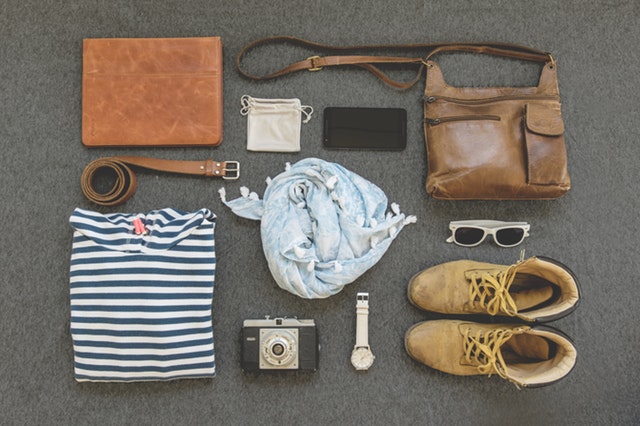How Rituals Can Help in Everyday Life
Everyone knows it, lucky charms, mascots, specific accessories, clothing items that make us feel more secure in certain situations.
There are also enough famous examples: Keith Richards eats a Shepherd's Pie before every performance, which he must cut himself. Adrian Mutu (footballer): "Curses can't touch me because I wear my underwear on the left." or John Terry (footballer) listens to the same CD before every game for inspiration, parks his car in the same spot, and wraps his socks with bands in the same way before every game.
What I once considered useless superstition - the appeasement of senseless anxiety - can be interpreted quite differently. The ritual is not only legitimate as a tool for emotional security; always the same gestures and routines also put our brains in a favorable condition to solve a specific type of task. Concentration and focus are conditioned for the following activity and can be better addressed by these "anchors."
I remember that as a student, I equipped myself with certain "learning insignia" when preparing for a class test. I put on an old, oversized 70s-style horn-rimmed glasses of my mother's (without lenses) and placed a bag of gummy bears and a glass of mango yogurt on my desk, from which I rewarded myself with spoonfuls for completed learning sections.
The same purpose is served by wearing special cleaning clothes to prepare for cleaning and tidying up tasks, as recommended in a book for better coping with household chaos.
We can take advantage of this quirk of the brain by consciously using such small rituals for recurring difficult tasks.




